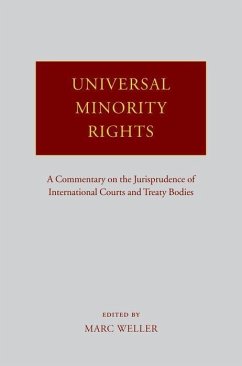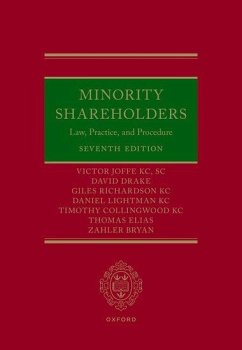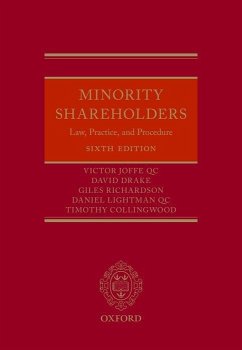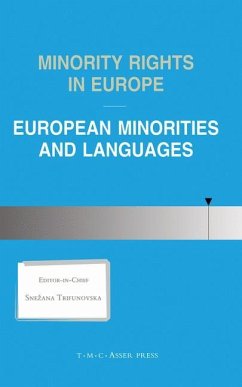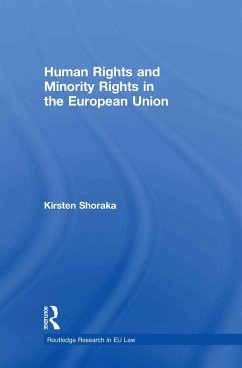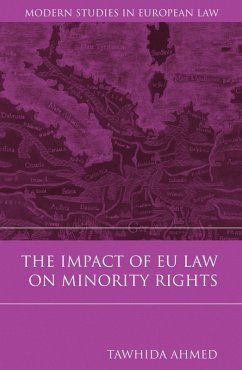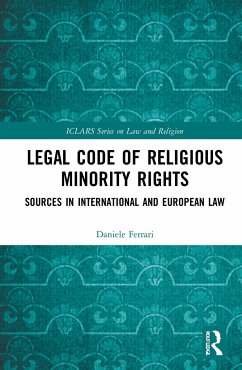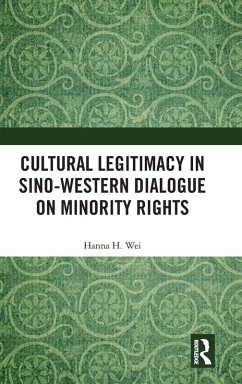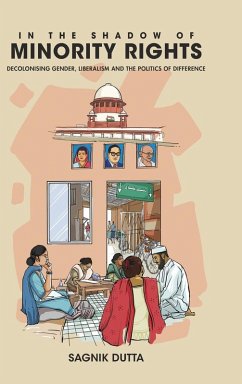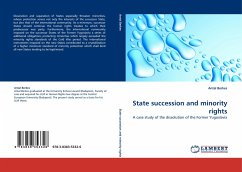
Minority Rights in Asia
A Comparative Legal Analysis
Versandkostenfrei!
Versandfertig in 1-2 Wochen
124,99 €
inkl. MwSt.

PAYBACK Punkte
62 °P sammeln!
The absence of a regional system of human rights protection for Asia, and the ambivalence of some Asian states towards existing human rights regimes often results in a lack of awareness of the plight of minorities in these states. The existing human rights literature on Asia tends to focus on the debate of cultural relativism. On the other hand, minority rights literature largely ignores Asia. This book tackles this lacuna by undertaking an analysis of the minority rights legalregimes in India, China, Malaysia and Singapore, while also locating this discussion in the context of a wider debate ...
The absence of a regional system of human rights protection for Asia, and the ambivalence of some Asian states towards existing human rights regimes often results in a lack of awareness of the plight of minorities in these states. The existing human rights literature on Asia tends to focus on the debate of cultural relativism. On the other hand, minority rights literature largely ignores Asia. This book tackles this lacuna by undertaking an analysis of the minority rights legal
regimes in India, China, Malaysia and Singapore, while also locating this discussion in the context of a wider debate on human rights in Asia.
India and China, the world's most populous states, face similar problems vis-à-vis minorities, yet tackle these using starkly different techniques. Malaysia and Singapore, vocal in their articulation of 'Asian Values', have taken opposing stances over minority rights. Malaysia has sought to establish Malay hegemony using minority rights tools in favour of the majority, while Singapore deliberately adopted a doctrine of meritocracy, nonetheless emphasising ethnic fault-lines within its
population. Together the four states reflect not only the complex layers of culture and identity within Asian states, but also the vastly different political systems and contrasting conceptions of the role of law in the continent.
Through its examination of minority rights theory and its application in specific cases, this book provides a useful comparative model for the assessment of other states within Asia, thereby taking an important first step towards understanding the situation of minorities within the entire continent.
regimes in India, China, Malaysia and Singapore, while also locating this discussion in the context of a wider debate on human rights in Asia.
India and China, the world's most populous states, face similar problems vis-à-vis minorities, yet tackle these using starkly different techniques. Malaysia and Singapore, vocal in their articulation of 'Asian Values', have taken opposing stances over minority rights. Malaysia has sought to establish Malay hegemony using minority rights tools in favour of the majority, while Singapore deliberately adopted a doctrine of meritocracy, nonetheless emphasising ethnic fault-lines within its
population. Together the four states reflect not only the complex layers of culture and identity within Asian states, but also the vastly different political systems and contrasting conceptions of the role of law in the continent.
Through its examination of minority rights theory and its application in specific cases, this book provides a useful comparative model for the assessment of other states within Asia, thereby taking an important first step towards understanding the situation of minorities within the entire continent.



